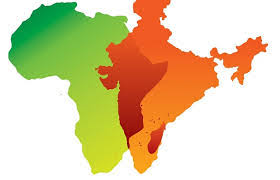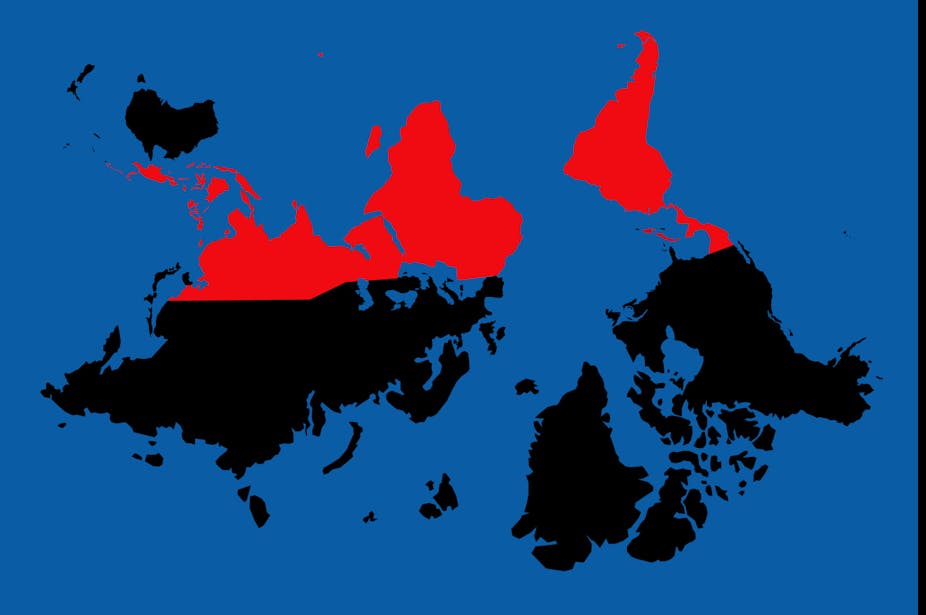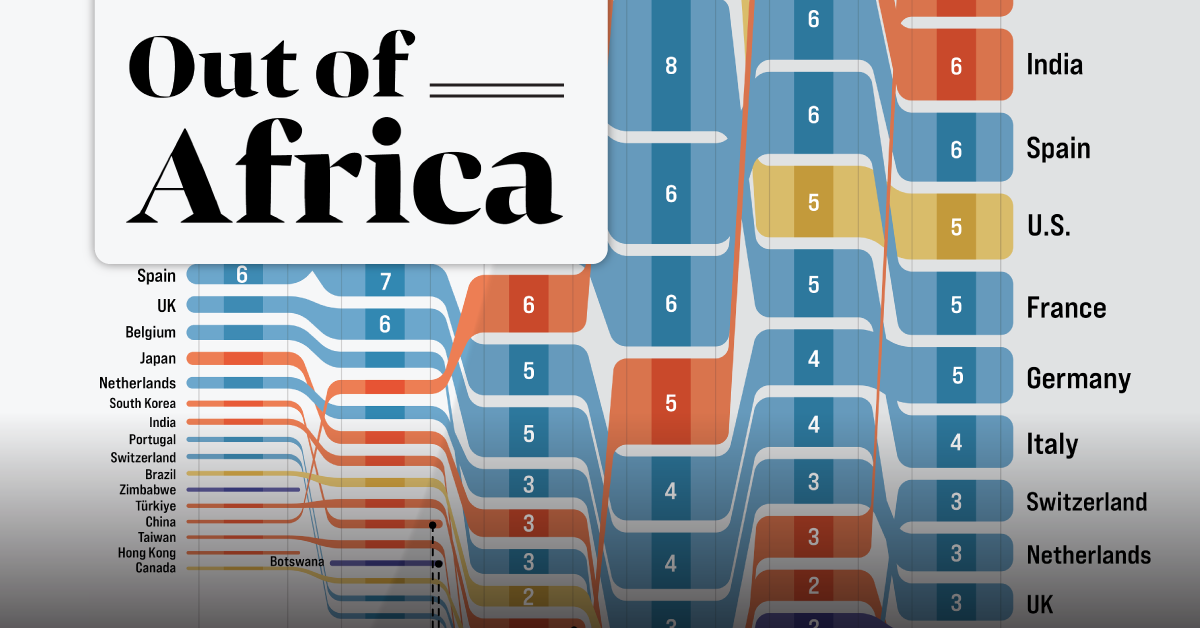The Untapped Power of South-South Trade: A New Road to Global Prosperity
For too long, global trade conversations have revolved around the traditional corridors of the Global North — between the U.S., Europe, China, and Japan. But beneath the radar, a different story is unfolding: the rise of South-South trade. This quiet revolution, fueled by shared experiences, complementary strengths, and rapidly evolving digital tools, could be the single greatest catalyst for shared prosperity in the 21st century.
Learning from Peers, Trading with Peers
In education, it's often said that students learn best from those who are just a step ahead — not from the world’s top experts. The same principle applies to trade. When countries at similar stages of development collaborate, they understand each other’s challenges better and can co-create more relevant solutions. Many Global South economies share similar development timelines, infrastructural needs, and demographic profiles. This common ground forms the perfect basis for mutual growth.
The Case for a Digital African Currency Zone
Africa, for instance, is primed to leap ahead. A continent-wide digital currency zone, powered by mobile money, blockchain, and AI, could overcome many of the problems that plagued earlier monetary unions like the Eurozone. The mistakes of the past don’t have to be repeated when today's tools allow real-time tracking, smart contracts, and decentralized risk-sharing mechanisms.
This could supercharge intra-African trade, reduce dependence on foreign currencies, and increase financial inclusion in ways that physical infrastructure never could.
India's Digital Blueprint: A Global Asset
India’s digital public infrastructure, led by Aadhaar (biometric ID) and UPI (real-time payment interface), may be one of the most exportable governance innovations of our time. Unlike China’s investment-heavy Belt and Road Initiative, India’s "code not concrete" model is lighter, faster, and cheaper to implement — especially across African and Southeast Asian nations that are eager to digitize without taking on unsustainable debt.
Much like how many nations skipped landline phones and jumped directly to mobile, developing economies can now bypass traditional financial infrastructure and leap into the digital future. Indian blockchain companies, working alongside local fintechs, could create an entirely new architecture for South-South payments and remittances.
Labor as Trade: A Forgotten Cornerstone
Trade isn’t just goods and capital — it’s also people. The Gulf-South Asia labor corridor offers a case study in how mobile labor has fueled development on both ends. South Asian workers helped build Gulf megacities; their remittances transformed villages back home. This "trade in labor" model could inspire better immigration reform in countries like the United States, where economic needs clash with nativist politics.
Rather than criminalize undocumented workers, the answer lies in documenting them. Managed migration, seasonal work visas, and bilateral agreements can formalize labor flows — respecting human dignity while boosting productivity.
Recognizing the Growth That’s Already Happened
It’s time we corrected a blind spot in the global narrative. The Global South has not merely waited for development; it has already grown — dramatically. The same three decades that saw China’s rise also witnessed explosive growth in parts of Latin America, Southeast Asia, and Africa. But because it was dispersed and less centralized, it often went unnoticed.
This overlooked momentum is not just real — it’s ripe for acceleration.
Conclusion: A South-South Century
We are standing at the threshold of a new economic age. The old north-south hierarchy is giving way to a horizontal network of collaboration among emerging powers. With digital tools, youthful populations, and a growing confidence in their own models, the Global South is poised not just to participate in globalization — but to redefine it.
Let us not waste this moment. The fastest path to mutual prosperity may well lie in the Global South trading with itself — building a world economy that is fairer, more human, and more in tune with the realities of the majority.
At the end of the classic 1972 film The Godfather, the new don of the family, Michael Corleone, attends a baptism while his men wipe out the heads of the other New York Mafia families—all of them Michael’s enemies, and all intending one day to do him harm. Rather than wait for their eventual attacks, Michael dispatches them himself. “Today, I settled all family business,” Michael says to his traitorous brother-in-law, before having him killed. ............. Tonight, the Israelis launched a broad, sweeping attack on Iran that seems like an attempt to settle, so to speak, all family business. The Israeli government has characterized this offensive as a “preemptive” strike on Iran: “We are now in a strategic window of opportunity and close to a point of no return, and we had no choice but to take action,” an Israeli military official told reporters. Israeli spokespeople suggest that these attacks, named Operation Rising Lion, could go on for weeks. ............ But calling this a “preemptive” strike is questionable. The Israelis, from what we know so far, are engaged in a preventive war: They are removing the source of a threat by surprise, on their own timetable and on terms they find favorable. They may be justified in doing so, but such actions carry great moral and practical risks. ........... Preemptive attacks, in both international law and the historical traditions of war, are spoiling attacks, meant to thwart an imminent attack. In both tradition and law, this form of self-defense is perfectly defensible, similar to the principle in domestic law that when a person cocks a fist or pulls a gun, the intended victim does not need to stand there and wait to get punched or shot.Middle East airspace shut after Israel strikes Iran, airlines cancel flights Airlines steered clear of much of the Middle East on Friday after Israeli attacks on Iranian sites forced carriers to cancel or divert thousands of flights in the latest upheaval to travel in the region. ......... Proliferating conflict zones around the world are becoming an increasing burden on airline operations and profitability, and more of a safety concern. Detours add to airlines' fuel costs and lengthen journey times. ........ Israel on Friday said it targeted Iran's nuclear facilities, ballistic missile factories and military commanders at the start of what it warned would be a prolonged operation to prevent Tehran from building an atomic weapon. .......... FlightRadar data showed airspace over Iran, Iraq and Jordan was empty, with flights directed towards Saudi Arabia and Egypt instead. ....... With Russian and Ukrainian airspace closed due to war, the Middle East region has become an even more important route for international flights between Europe and Asia.
Empty Country https://t.co/yMDHpkCSP2
— Paramendra Kumar Bhagat (@paramendra) June 13, 2025
The Untapped Power of South-South Trade: A New Road to Global Prosperity https://t.co/Tq1jdiFXN8 @haugejostein @SATravelTrade @jasonhickel
— Paramendra Kumar Bhagat (@paramendra) June 13, 2025
Empty Country (novel)
Trump’s Default: The Mist Of Empire (novel)
The 20% Growth Revolution: Nepal’s Path to Prosperity Through Kalkiism
Rethinking Trade: A Blueprint for a Just and Thriving Global Economy
The $500 Billion Pivot: How the India-US Alliance Can Reshape Global Trade
Trump’s Trade War
Peace For Taiwan Is Possible
Formula For Peace In Ukraine
The Last Age of War, The First Age of Peace: Lord Kalki, Prophecies, and the Path to Global Redemption
AOC 2028: : The Future of American Progressivism





No comments:
Post a Comment